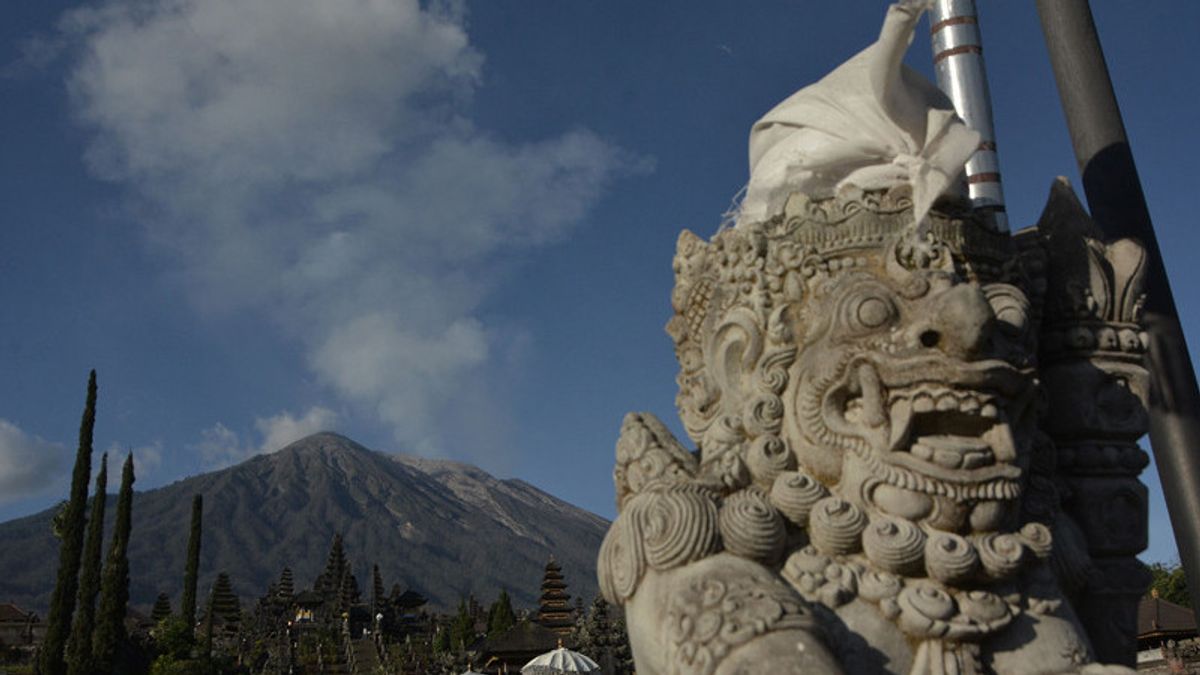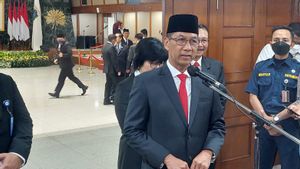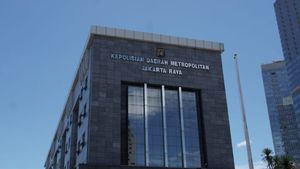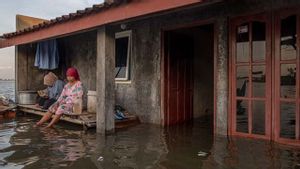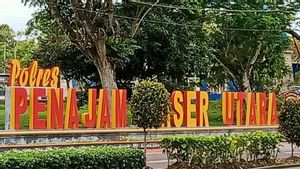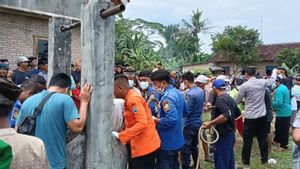DENPASAR - Bali BPBD through the Mount Agung Observation Post announced that the status of the mountain which is located in Karangasem Regency is normal. But climbers are not recommended to stay overnight during the climb at night.
"There are recommendations not to go down into the crater because the potential for danger is great. It is not recommended to stay overnight," said Head of the Mount Agung PVMBG Observation Post Dewa Made Mertheyasa, Monday, February 27.
Dewa stated that Mount Agung's status was safe, but that did not mean that he could freely carry out the climbing process amid the recent extreme weather in Bali.
"Even if many tourists go hiking but every time they go to the observation post it is said to be safe because the mountain is still normal, I suggest proactively seeking BMKG information, because recently the weather has been extreme, sometimes strong winds and sudden heavy rains," he said.
To tourists and prospective climbers, it is conveyed that there are four locations of siren points on the mountain, where currently the tool does not indicate any situation because Mount Agung's condition is normal.
However, said Dewa, if mountain activity increases, climbers are expected to take a distance of at least 4 kilometers from the siren points.
SEE ALSO:
The head of the Mount Agung Observation Post also answered questions from the public regarding the circulation of videos of smoke from the crater rising up to the crater rim.
"The smoke from the crater on Mount Agung is high due to the rainy season, so it's hot, but from the seismic point of view there is no increase in activity, meaning that the mountain is still safe," he was quoted as saying by ANTARA.
With high extreme weather conditions throughout February and predicted to continue until March, the BPBD Bali emphasized limiting climbing on Mount Agung, including Mount Batur.
Meanwhile, for Mount Agung, a warning has been issued to limit activities or not to linger and not to spend the night in the active crater area, and not to approach the gas through holes around the crater to avoid the potential danger of toxic gases.
The English, Chinese, Japanese, Arabic, and French versions are automatically generated by the AI. So there may still be inaccuracies in translating, please always see Indonesian as our main language. (system supported by DigitalSiber.id)
